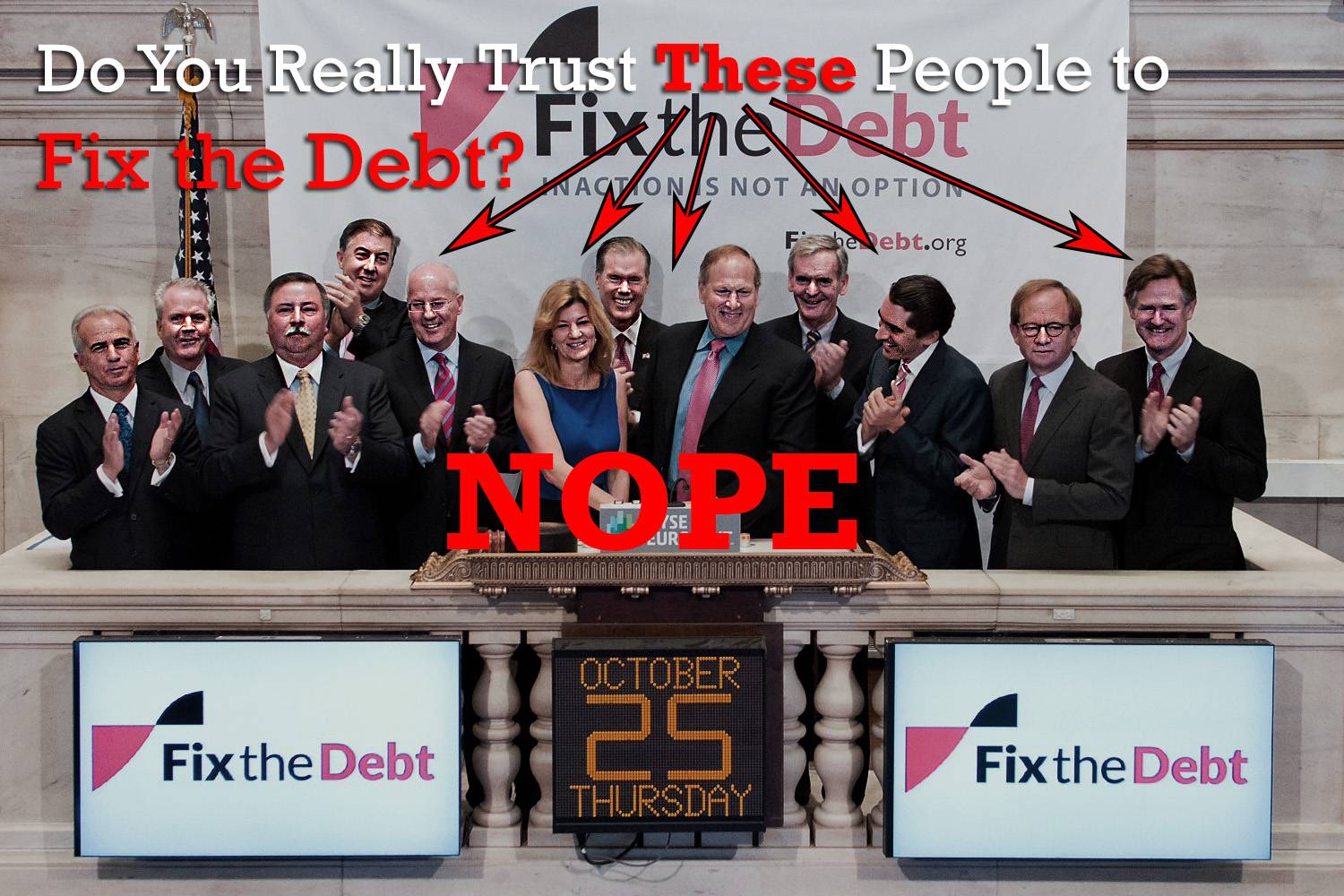We retired Tax Justice Blog in April 2017. For new content on issues related to tax justice, go to www.justtaxesblog.org
For years, groups like the US Chamber of Commerce and the National Federation of Independent Business (NFIB) succeeded in portraying the consensus position of the “small business community” as staunchly favoring lower tax rates on top income earners and corporations. The tax debate surrounding the so-called “fiscal cliff” has exposed the myth that these groups actually represent small businesses and shows that many of these large national groups have very different interests at stake.
The biggest pushback in recent days against the anti-tax agenda represented by the Chamber and NFIB has come from groups of small business owners who are fed up with having the position of “small business owners” misrepresented. In recent days, thousands of business owners and executives have signed on to a letter calling for the expiration of the Bush tax cuts for those making over $250,000 and arguing that only a small fraction of the wealthiest small business owners would even be affected by allowing this to occur. In addition, many small business leaders have signed on to a letter calling for corporations to contribute more to reduce the deficit as part of the fiscal cliff deal. The letter also calls for an end to the offshore tax loopholes that give larger multinational corporations a tax advantage over small businesses.
The reason so many small business owners are raising their voices is because they believe that raising revenue is critical to stopping spending cuts in education, health care, and infrastructure that are crucial to building a strong economy. Backing this up, a poll of small business owners by the Small Business Majority found that, by a 2 to 1 margin, small business owners believed that spending cuts would do more harm to the economy than higher taxes on the wealthy. As Brian McGregor, owner of the Silver Dollar Saloon in Montana and a supporter of allowing the tax cuts for the wealthiest to expire, put it, “What my business needs is customers – not more tax cuts for the rich.”
The growing opposition of small business owners has not done much to change the position of NFIB and the Chamber, which continue to push for more tax cuts for the wealthy and corporations. This is not all that surprising, since both groups have historically been more interested in promoting the Republican Party than the real preferences of the small business community. In fact, during 2012 the Chamber spent over $32 million (98% of its total spending on electioneering communications) supporting Republican candidates, while the NFIB spent $4 million (100% of its total spending on electioneering communications) supporting Republican candidates. This is especially striking considering that less than half of small business owners identify as Republican.
The intransigence of the NFIB and Chamber has become even more clear as other big business backed groups like the Business Roundtable and Fix the Debt have begun calling for a fiscal cliff deal that includes revenue increases. To be fair, however, many critics suspect that the Business Roundtable and Fix the Debt groups messaging may have more to do with cutting a backroom deal to lower corporate taxes, than in protecting small businesses. In fact, one recent study using data from Citizens for Tax Justice found that the companies backing the Fix the Debt campaign could directly benefit to the tune of $134 billion if such a deal included a move to a territorial tax system, while at the same time further disadvantaging small businesses that do not have offshore earnings.
The more small business owners speak out for themselves, rather than allowing corporate-backed national organizations to speak for them, the more lawmakers will realize that small businesses demand robust government investments and are hurt when multinational corporations are allowed to escape paying their fair share in taxes.
